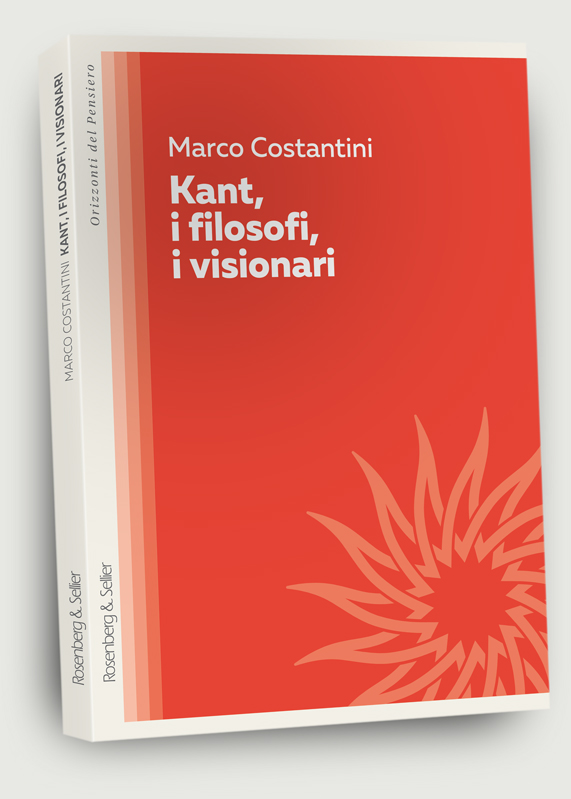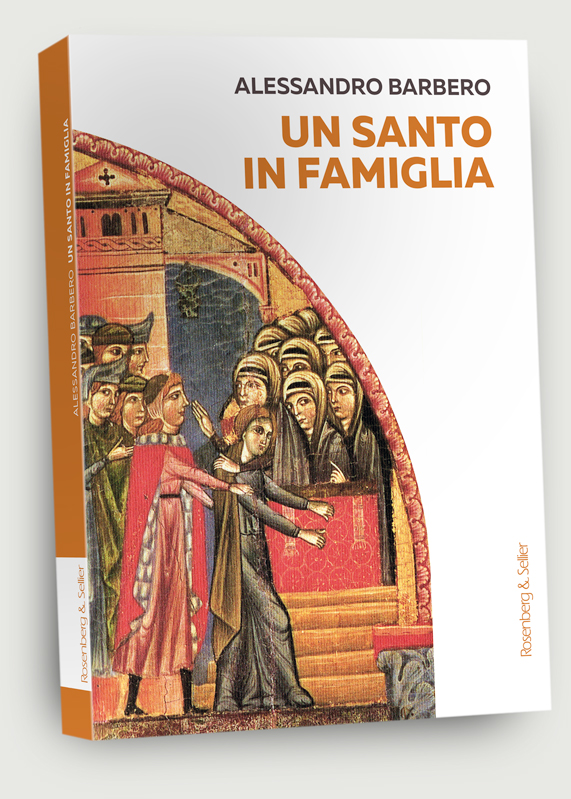“Studi francesi” is a double blind peer-reviewed journal, published three times a year by Rosenberg & Sellier Editori. This statement spells out the ethical behavior of all parties involved in the act of publishing an article for “Studi francesi”: the author, the editors, the peer-reviewers and the publisher.
This statement is based on COPE’S Best Practice Guidelines for Journal Editors, https://publicationethics.org/.
1. Duties of editor
Decision on the Publication of Articles
The Editor and the Editorial Board of “Studi francesi” have complete responsibility for deciding which of the articles accepted for publication should be published after undergoing double blind peer review. The Editors may be guided by the policies of the journal’s Editorial Board and subjected to such legal requirements regarding libel, copyright infringement and plagiarism. However, the Editors do not have the authority to influence the reviewers who are conducting the blind review of the articles submitted for peer review.
Fair Play
Manuscripts shall be evaluated solely on their intellectual merit without regard to author’s gender, sexual orientation, religious beliefs, origin, citizenship, or political philosophy.
Confidentiality
The Editor and any editorial staff must not disclose any information about a submitted manuscript to anyone other than the corresponding author, reviewers, potential reviewers, other editorial advisors and the publisher.
Disclosure and Conflicts of Interest
Unpublished materials disclosed in a submitted manuscript must not be used by anyone who has a view of the manuscript (while handling it) in his or her own research without the express written consent of the author.
2. Duties of reviewers
Contribution of Double Blind Peer Review
Double Blind Peer Review assists the reviewers in making editorial decisions, while editorial communications with the author may also assist the author in improving the paper. The reviewers don’t know the author’s identity, and any identifying information will be stripped from the document before review. Reviewers’ comments to the editors are confidential and before passing on to the author they will be made anonymous. The names of the reviewers remain strictly confidential; their identity will only be known by the Editor and/or the Editorial Board.
Promptness
Any selected referee who feels unqualified to review the assigned manuscript or is unable to provide a prompt review should notify the Editor and decline the review process.
Confidentiality
Manuscripts received for review must be treated as confidential documents. They must not be shown to, or discussed with others except as authorized by the Editor. Privileged information or ideas obtained through double blind peer review must be kept confidential and not used for personal advantage.
Standards of Objectivity
Reviews should be conducted objectively. There shall be no personal criticism of the author. Reviewers should express their views clearly with supporting arguments.
Acknowledgment of Sources
Reviewers should identify relevant published work that has not been cited by the authors. Any statement that has been previously reported elsewhere should be accompanied by the relevant citation. A reviewer should also call to the Editor's attention any substantial similarity or overlap between the manuscript under consideration and any other published paper of which they have personal knowledge.
Conflict of Interest
Reviewers should not review manuscripts in which they have conflicts of interest resulting from competitive, collaborative, or other relationships or connections with any of the authors, companies or institutions connected to the papers.
3. Duties of authors
Reporting standards
Authors of reports of original research should present an accurate account of the work performed as well as an objective discussion of its significance. Underlying data should be represented accurately in the paper. A paper should contain sufficient detail and references to permit others to replicate the work. Fraudulent or knowingly inaccurate statements constitute unethical behavior and are unacceptable.
Data Access and Retention
Authors may be asked to provide the raw data in connection with a paper for editorial view, and should be prepared to provide public access to such, if practicable, and should in any event, be prepared to retain such data for a reasonable time after publication.
Originality and Plagiarism
Authors should ensure that they have written entirely original works, and if the authors have used the work and /or works of others, this must be appropriately cited or quoted.
Acknowledgment of Sources
Proper acknowledgment of the work of others must always be given. Authors should cite publications that have been influential in determining the nature of the reported work.
Authorship of The Paper
Authorship should be limited to those who have made a significant contribution to the conception, design, execution or interpretation of the reported study. All those who have made significant contributions should be listed as co-authors. Where there are others who have participated in certain substantive aspects of the research project, they should be acknowledged or listed as contributors.
Disclosure and Conflict of Interest
All authors should disclose in their manuscript any financial or other substantive conflict of interest that might be construed to influence the results or interpretation of their manuscript. All sources of financial support for the project should be disclosed.
Fundamental Errors in Published Works
When an author discovers a significant error or inaccuracy in his/her own published work, it is the author’s obligation to promptly notify the Editor and cooperate with them to retract or correct the paper.














